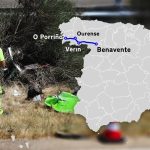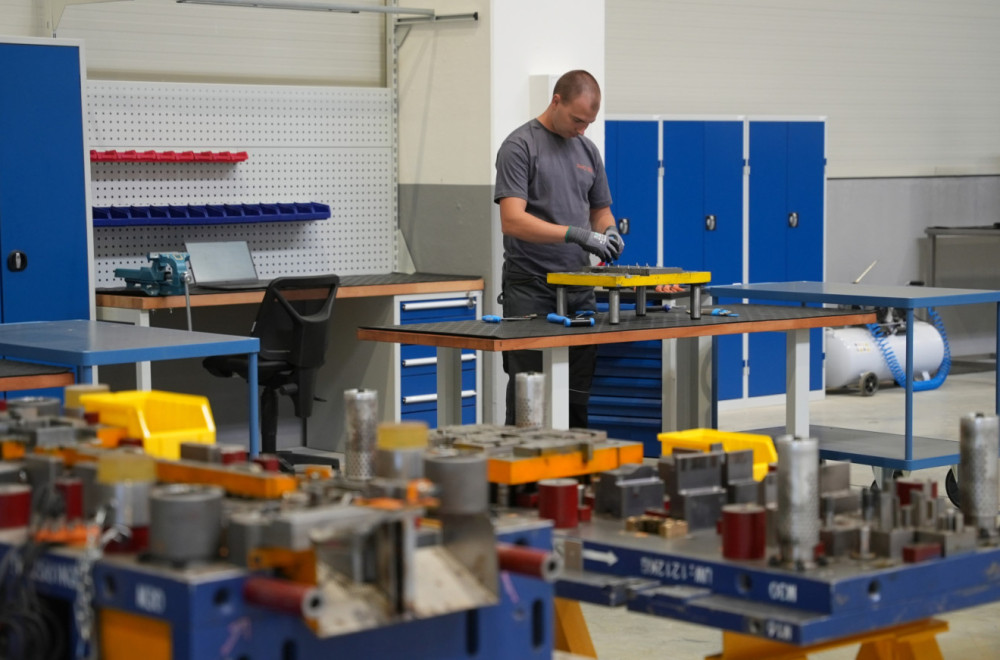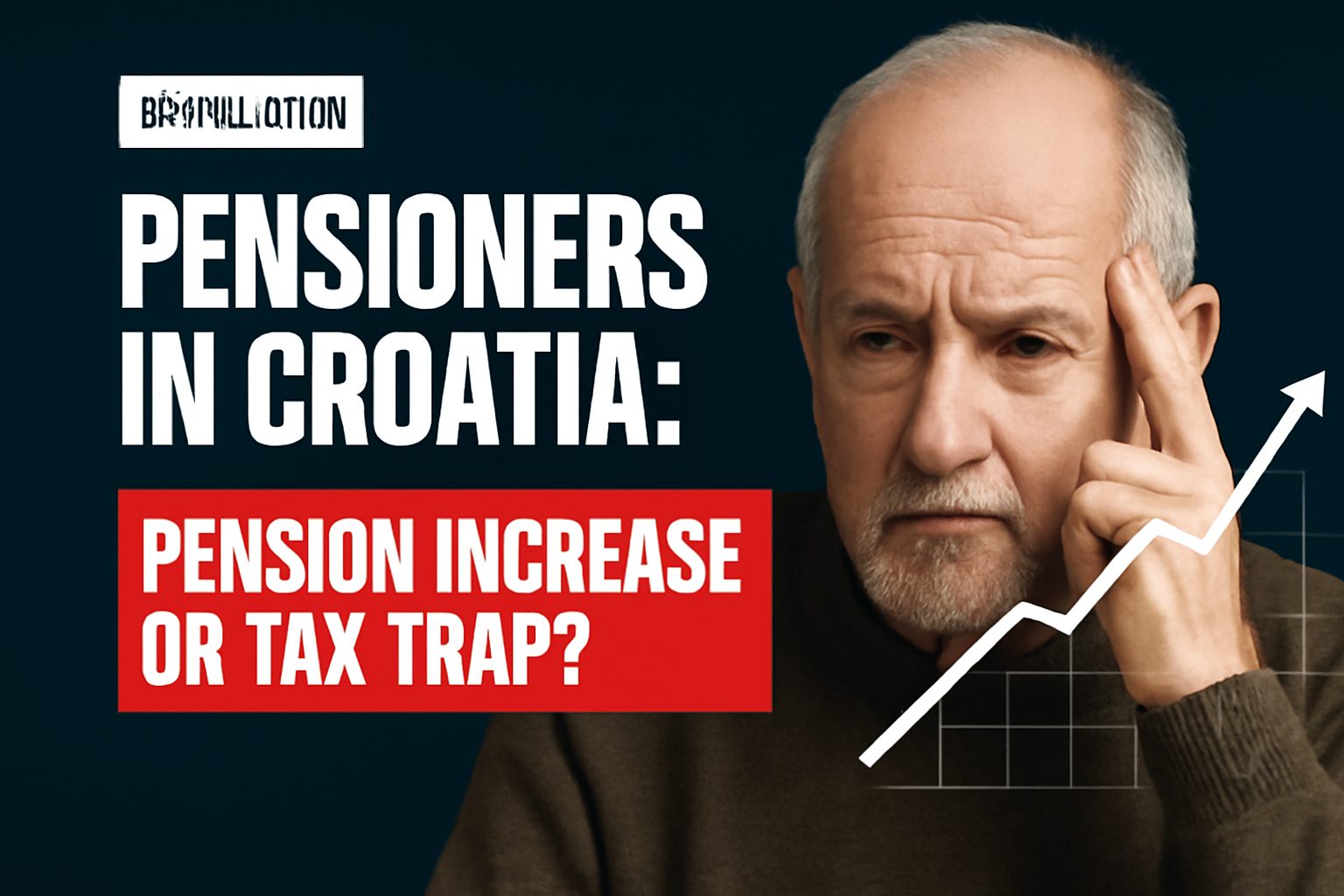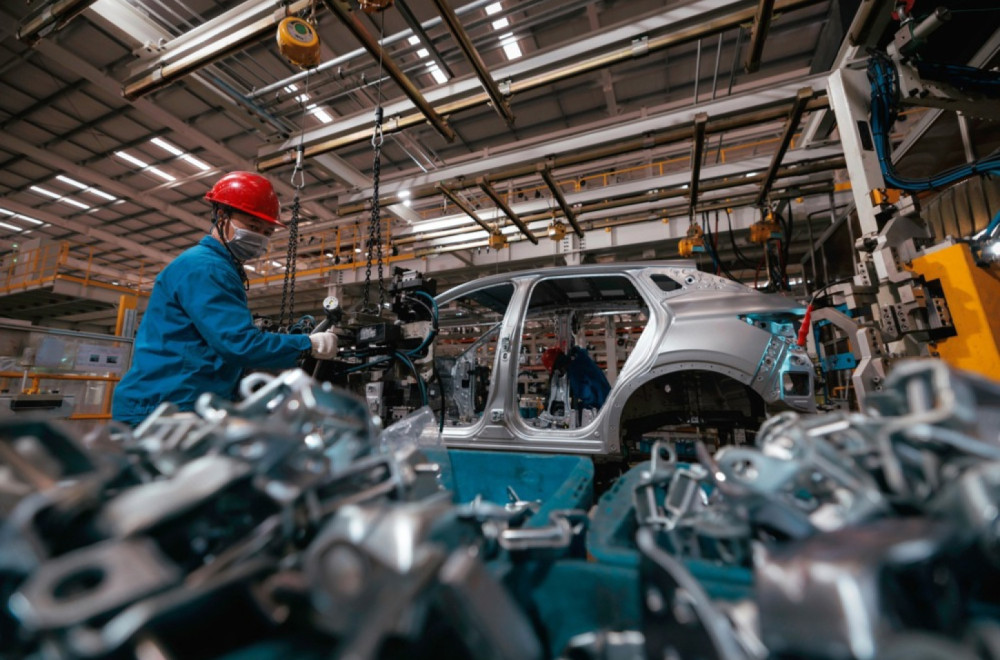Čačak Awakens: German Factory Brings Dream Salaries and Hundreds of Jobs!
Ready to hear something that will put a smile on your face? A large German factory producing car parts has opened in Čačak, and it’s not just any factory – starting salaries are over 160,000 dinars! Yes, you read that right! While many complain about lack of jobs and low wages, here comes a real industrial revolution.
Over 800 People to be Employed Soon!
This factory, located in Preljina near Čačak, plans to employ over 800 people in the coming years. And not just anyone – the focus is on young, educated people, primarily mechanical engineering graduates. Imagine this: some employees have been receiving salaries for six months already, even though production hasn’t started yet! That’s serious business.
Čačak Rising from the Ashes to an Industrial Star
Just 20 years ago, Čačak’s economy was on its knees, with its industrial zone in ruins. Today, the city boasts three industrial zones and is growing like never before. The factory was built in just 14 months, a record speed for such projects. Serbian President Aleksandar Vučić is proud and emphasizes this is just the beginning – investments in Čačak and Serbia are growing, and the Miloš Veliki highway will soon further connect the region.
Export to Germany and a Stable Future
Most of the factory’s products will be exported to Germany, making Serbia an important part of the European supply chain. The investor is stable and plans long-term operations, meaning jobs will be secure for future generations.
Why Does This Matter?
At a time when many young people leave Serbia due to lack of opportunities, such investments are a light at the end of the tunnel. A starting salary of over 160,000 dinars is more than competitive, and the number of new jobs can significantly reduce unemployment in the region.
But Not Everything is Rosy…
While factories open and jobs are created in Čačak, protests and blockades in Belgrade and other cities disrupt citizens and normal life. President Vučić has appealed to protesters not to destroy the country and to consider the consequences of their actions. While some fight for work and development, others create chaos on the streets.
Conclusion: Čačak as a Model for Serbia
This German factory is not just a new building and machines – it’s a symbol that Serbia can develop, attract serious investors, and offer good working conditions. If such projects continue, we might soon talk about Serbia as a land of opportunity, not just a country people flee from.
What do you think? Do you believe such investments will change Serbia? Or is this just a drop in the ocean of problems? Drop a comment and let’s see who’s optimistic and who’s skeptical!


























